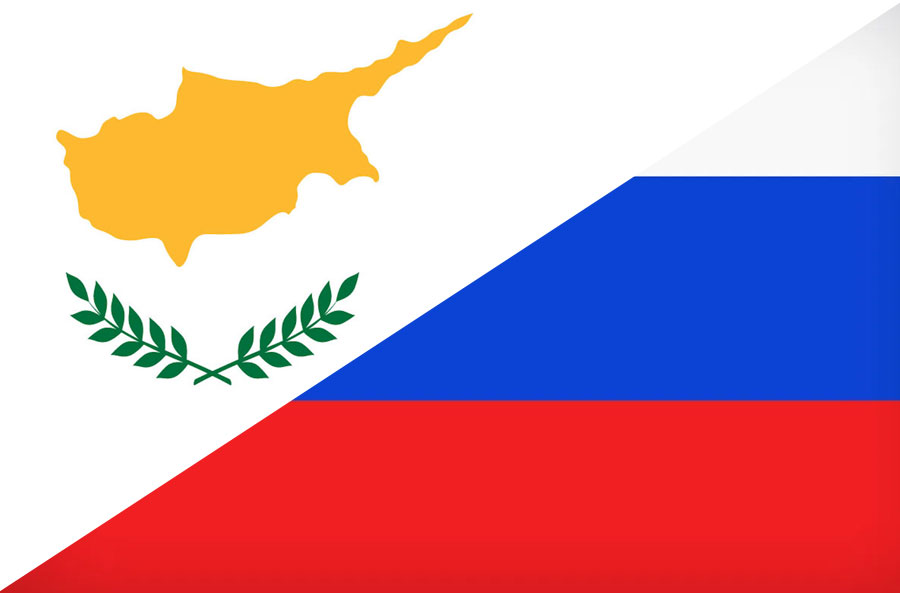The Republic of Cyprus (Cyprus) and Russia had entered into a Double Tax Treaty (DTT) in 1998 in a joint effort to avoid the double taxing of income and capital generated in Cyprus, while at the same time promoting the economic cooperation between the two countries. In fact, since its introduction, the DTT has been the catalyst for the Russian investment in Cyprus of the recent past, being an attractive jurisdiction not only with regards to its climate but also its tax benefits. It comes as little of a surprise that the DTT had helped bring about the influx of Russian citizens relocating to Cyprus in the previous decades. Worth noting is that the impact of the DTT transcends simple migration; it has provided Russian investors with the ability to be taxed at a much lower rate than that of the Russian Federation.
However, on the 25th of March, 2020, President Putin had introduced numerous measures in an attempt to tackle the fiscal challenges which were brought about by the coronavirus pandemic. Among the measures announced, he had announced the Russian Federation’s intentions to amend the DTTs that it currently has in place with various other countries. Cyprus was the first country to receive an official notification on the 01st of April, 2020.
Proposed Amendment
The proposed amendment to the DTT which Cyprus and Russia currently have in place is Russia’s intention to increase the withholding tax rates on dividend and interest payments from the current rates of 5% or 10% (depending on the circumstances) to 15%. At the moment, the withholding tax rate, with regards to dividends which are paid by a Russian Company to a Cypriot Company (or individual), is 5%, but only if the Cypriot Company (or individual) had directly invested a minimum of €100,000 in the capital of the Russian Company in question. In all other instances (such as the investment being smaller than €100,000), the withholding tax rate would be 10%. It is also worth noting that under the provisions of the DTT, investors are only subject to this tax once at a time, as opposed to twice, given the existence of two separate tax jurisdictions.
Furthermore, in instances where Russia does not have a DTT in place with another jurisdiction, the withholding tax on dividends paid abroad is set to a rate of 15%, while the withholding tax on interest is taxed at a rate of 20%.
Potential Implications
The most vital and significant potential consequence of the proposed amendment would be that it would adversely affect investors:
- Cyprus has for quite some time been the base of operations for many Russian investors, who have long since established a substantial presence in Cyprus, whether it be through the establishment of fully functioning Offices or through the employment of a significant amount of employees. The proposed amendment could very well force these investors to relocate their base of operations to other jurisdictions which have lower tax rates than Cyprus would if the new tax rates are applied.
- Doing so may incur some undesired consequences. For instance, the other jurisdictions in question might not be members of the European Union (EU), meaning that Russian investors would not have the same level of access to international markets as they currently have in Cyprus.
- EU members are provided with a common legal system that allows for commercial and regulatory advantages to be utilised, such as simplifying the creation of international agreements.
- Cyprus is generally considered to be rather transparent with Russia with regard to tax-related information. Russia would have no guarantee that the same level of transparency would be provided should its investors turn to different jurisdictions.
Worth pointing out is the fact that Russian investors are not the only ones who could be adversely affected by this tax rate increase. Cyprus itself would likely be adversely affected as a result of Russian investment being diverted to other jurisdictions. Foreign investment is Cyprus’ bread and butter, and it is no secret that the majority of it is derived from Russia. It comes as no surprise that Cyprus is urging Russia too, at the very least, implement the same changes to the DTTs which it has with other jurisdictions, enabling Cyprus to compete for Russian investment in a level playing field. At the moment, however, Russia has only extended the same notification that it gave to Cyprus to Malta and Luxembourg.
Conclusion
Even though President Putin has stated that Russia will be addressing the DTTs that it has with other jurisdictions as well, at present, Cyprus is one of the three jurisdictions which have been notified of proposed amendments to their DTTs with Russia. Further pressure is mounted onto Cyprus’ shoulders by not only the fact that they have been asked to issue an official reply to the Russian authorities by the 15th of June, 2020 but also by President Putin’s statement that should an agreement fail to be reached, Russia has no reservations about withdrawing from the DTT altogether. Russia would, in theory, be able to withdraw as early as the 01st of January, 2021, although actions of this magnitude usually take longer to be carried out in practice. This is a complex matter which will undoubtedly lead to more discussions and developments in the coming weeks.





